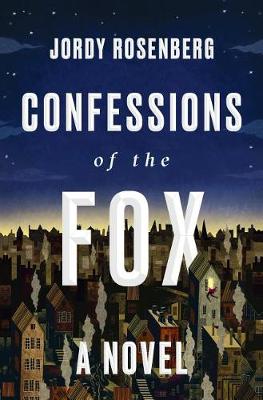Reviewed by clementine on
Reading updates
- Started reading
- 21 November, 2019: Finished reading
- 21 November, 2019: Reviewed

Finalist for the Lambda Literary Award, 2019
Finalist for the Publishing Triangle Award, 2019
A New Yorker Book of the Year, 2018
A Huffington Post Book of the Year, 2018
A Buzzfeed Book of the Year, 2018
'Quite simply extraordinary... Imagine if Maggie Nelson, Daphne du Maurier and Daniel Defoe collaborated.' Sarah Perry, author of The Essex Serpent
Jack Sheppard - a transgender carpenter's apprentice - has fled his master's house to become a notorious prison break artist, and Bess Khan has escaped the draining of the fenlands to become a revolutionary mastermind. Together, they find themselves at the center of a web of corruption leading back to the dreaded Thief-Catcher General ...
...Or so we are told in a mysterious manuscript unearthed by one Professor R. Voth. Voth traces the origins and authenticity of the manuscript as Jack and Bess trace the connections between the bowels of Newgate Prison and the dissection chambers of the Royal College, in a bawdy collision of a novel about gender, love, and liberation.
SHORTLISTED FOR THE CENTER FOR FICTION FIRST NOVEL PRIZE